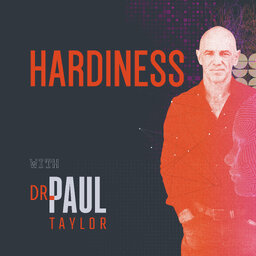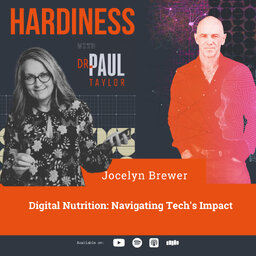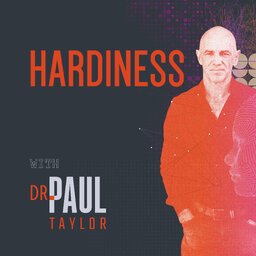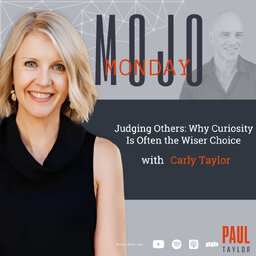Transform Your Health Through Boosting Your Second Brain with Dr Jason Hawrelak
In today's episode, we delve into the fascinating world of your gut microbiome—often called your 'second brain'—with leading expert Dr. Jason Hawrelak - a researcher, educator, and naturopath with 25 years’ clinical experience.
We explore how modern diets and environmental toxins are decimating our gut health, with shocking revelations about how 'forever chemicals' and the impact on our hea;th.
From explaining faecal transplants to understanding the critical role of probiotics during antibiotic treatment, this conversation uncovers cutting-edge research about the gut-brain connection and its impact on ageing, mental health, and overall wellbeing.
Whether you're struggling with digestive issues or simply want to optimise your health through personalised nutrition, this episode provides practical strategies to protect and enhance your microbiome in our modern toxic world.
Key Topics:
-
The Gut-Brain Connection: Exploring the microbiome as a 'second brain' and its communication pathways with the central nervous system
-
Modern Diet Challenges: Processed foods, emulsifiers, and preservatives' impact on gut health and the microbiome
-
Faecal Microbiota Transplantation (FMT): Historical context and current applications in treating various health conditions
-
Environmental Toxins: Examining 'forever chemicals', microplastics, and their effects on gut health and human organs
-
Antibiotics and Probiotics: Guidelines for probiotic use during antibiotic treatment and the role of Saccharomyces boulardii
-
Ageing and the Microbiome: How gut bacteria changes with age, implications for health, and the Japanese 'ikigai' approach to healthy ageing
-
Personalised Nutrition: The future of microbiome testing and customised dietary interventions based on individual gut profiles
Key Takeaways:
-
Minimise ultra-processed foods and preservatives to protect your gut barrier, which houses 80% of your immune system.
-
When prescribed antibiotics, take Saccharomyces boulardii a few hours after each dose to support your gut health.
-
Reduce exposure to 'forever chemicals' by choosing plastic-free food storage and minimising packaged foods.
-
Eat a varied diet whilst young to build a diverse microbiome that will serve you well into old age.
-
Follow the Japanese 'ikigai' principle by growing your own vegetables and staying active to maintain gut health as you age.
-
Manage your stress levels actively, as there's a direct two-way relationship between stress and gut health.
-
Consider microbiome testing for personalised dietary recommendations if you're experiencing persistent digestive issues
Connect with Dr. Jason Hawrelak:
Dr Jason Hawrelak on LinkedIn
Learn more about Dr. Jason Hawrelak: Home - Probiotic Advisor
The Hawrelak Gut & Microbiome Clinic
Connect with Paul Taylor:
Learn more about Paul Taylor
Paul Taylor on LinkedIn
Paul Taylor on Instagram
Paul Taylor on YouTube
Support the Podcast:
If you found this episode valuable, please consider subscribing, rating, and leaving a review on your preferred podcast platform. Your support helps us reach more people with important conversations like this one.
Share this episode with someone who might benefit from hearing it—emotional eating is more common than we think, and this conversation could make a difference in someone's life.
 Hardiness with Dr Paul Taylor
Hardiness with Dr Paul Taylor


